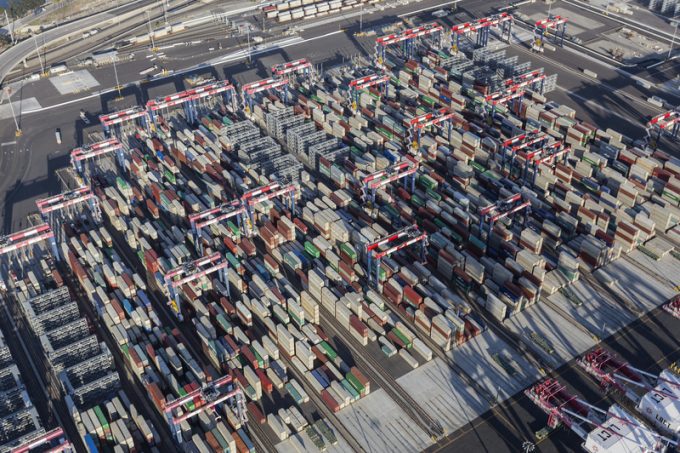Schedule reliability on the rise despite European port congestion
Despite ongoing reports and warnings of worsening port congestion levels in North European ports, container ...

Reports of hundreds of thousands of containers stranded around the world have begun to flood into The Loadstar’s newsdesk, and there is every expectation they will continue as social lockdowns limit ports ability to clear landed boxes, and a slew of blank sailings leave export ...


Comment on this article
Jose Guerrero
July 13, 2020 at 1:04 amIn my article, it states that marine cargo policy is unambiguous from the start that it covers only physical loss, and therefore, business interruption loss is not covered. The article also states that covered losses are built-in in the price model, and with insurers paying non-covered losses, it risks destabilization of the insurance industry.
The article (with the URL link) written by Hannah Smith, titled “Insurer wins in one of the first U.S. Covid-19 coverage rulings,” is very timely in bringing this big BI decision to our attention. The fundamental question in this case is whether there was a “direct physical loss of or damage to property.” I enjoyed watching the ruling from the bench via Zoom, and the entire proceeding is available on YouTube – done “virtually”. The above coverage trigger was hammered down by the defense, Henry Emrich, and expanded by Judge Joyce Draganchuk. The result is that Judge Draganchuk granted the defendant’s motion for summary disposition.